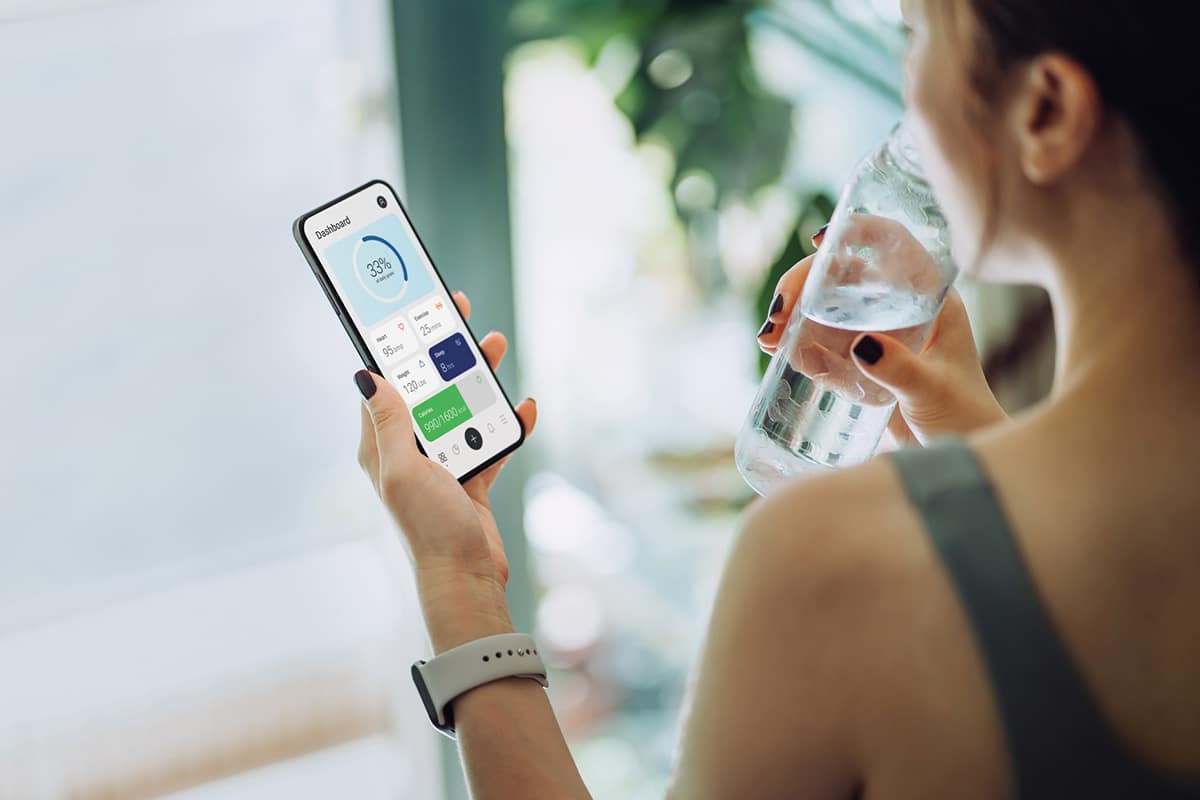Private LTE Networks
Smart health care facilities and medical IoT solutions providers are turning to private LTE. Compared to Wi-Fi, private LTE provides improved security, latency management, and better indoor and outdoor coverage.
The Internet of Things (IoT) is bringing myriad benefits to health care and transforming patient care.
We can build your ready-to-launch IoT health care solutions with our IoT modules, connectivity and platforms. Our custom IoT tools and technologies enable real-time monitoring for health care applications.


End-to-end medical IoT remote monitoring enables real-time actionable insights. With access to real-time patient data, medical providers can make smarter, faster decisions about treatment. Patients can extend their care with at-home services to reduce hospital costs.

Keep track of medical device location and functionality with IoT-enabled asset tracking. IoT-enabled asset tracking helps health care providers:

Help individuals gain improved control over their health outcomes with health and fitness monitoring smart wearables. Wearable devices enable remote vital sign and health statistic monitoring. This visibility provides valuable information to health care providers and helps patients make informed choices.

Protect patient data privacy while gathering and transmitting data at lightning-fast speeds. 5G enables faster large file transmissions between doctors and hospitals than legacy wired networks. That means health care providers can deliver more timely care, from diagnostics to treatment starts.
Smart health care facilities and medical IoT solutions providers are turning to private LTE. Compared to Wi-Fi, private LTE provides improved security, latency management, and better indoor and outdoor coverage.
Emerging 5G technologies promise superior performance aligned with medical IoT market demands. 5G promises to transform telehealth, creating positive impacts for health care providers and patients.
Among other benefits, 5G technologies, including private networking (private 5G), enable the fast transfer of large data files, real-time remote monitoring and sensor innovation.
Smart health care is built around specialized devices (e.g., sensors and wearables), all of which must be connected. A module-based approach to connectivity plans and services offers the broadest IoT product portfolio on the market.
Protecting patient data and privacy are paramount. Providers should help customers protect their IoT data, devices and infrastructure from internal and external threats. These threats include exposure to connectivity, modules and platforms originating on or traversing networks and servers from countries not subscribing to the strictest security and privacy norms.
Ensure the technologies you build on are real-world tested from providers with a commitment to security and privacy.

We can build customized, ready-to-launch solutions with our IoT modules, connectivity and platforms. Get one-touch access to your global connectivity network with IoT connectivity plans and management solutions. Our IoT connectivity tools and resources efficiently get your deployment to market, regardless of scale or stage. Gain scalable IoT connectivity, global visibility and granular control down to the individual SIM.
Explore Connectivity Plans and ServicesWhat are the most common use cases of IoT across the health care industry?
IoT technology in health care transforms patient care and operational efficiency in the following ways:
How do IoT health care solutions ensure patient data is kept private and confidential?
IoT health care solutions ensure patient data privacy and confidentiality through:
How is 5G transforming telehealth?
5G is transforming telehealth by providing faster, more reliable connectivity. It enables new capabilities and improvements in patient care, such as:
We’ve pioneered IoT products and solutions for over 30 years. Speak with our connected health care experts to learn how we can help with your medical IoT transformation.